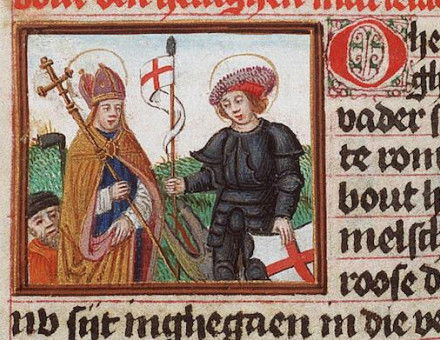Emperor Hirohito's War
What did Hirohito really think of Pearl Harbor? On the 50th anniversary of the Japanese attack that brought the US into the Second World War, Herbert Bix offers a provocative reassessment of the Showa Emperor's responsibility for the conflict, drawing on his translations from diaries and memoirs of Hirohito and his court circle.
Since the death of the Showa Emperor Hirohito in January 1989, new historical documents have focused public attention on the leadership role that he and his innermost circle of advisers played in the Japanese political process both during and after the Second World War. These new materials, and others published over the course of the 1980s, furnish a fresh starting point for situating the Showa emperor in the history of the twentieth century. They help to delineate more clearly key elements of Emperor Hirohito's character, while exposing certain myths pertaining to his innocence in starting the Pacific War, and his heroism in ending it. They also raise questions about his position in the post-war state, where he was supposed to be a powerless 'symbol', completely devoid of any political role.





